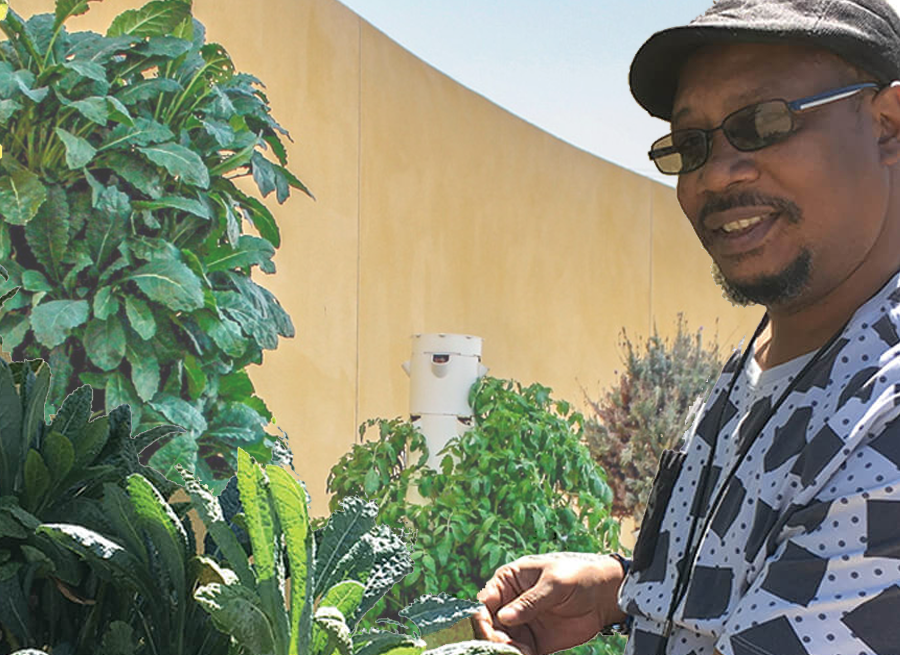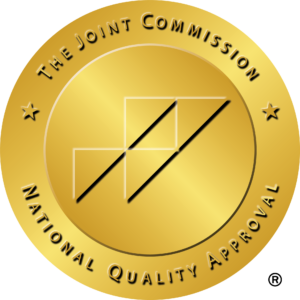“Step Up gave me my life back and I am here today because of them. My hope in humanity was restored.” – Leon R., Step Up Member
Step Up’s social workers are on the front lines of the efforts to provide the link to permanent supportive housing and mental health support to our members. According to the National Association of Social Workers (NASW), “It is a clinical social worker’s capacity to exercise clinical judgment across a variety of settings — taking advantage of any encounter, no matter how brief or long — that can play a critical role in the continuity of ongoing personalized services for [people experiencing homelessness].” The NASW also acknowledges that there is no one type of person that comprises the homeless population — each individual story is unique. It takes a very special type of person to enter the field of social work.
We spoke to a few of the clinical social workers on our staff about their journey into the world of social work, the way their skills make an impact on the lives of Step Up members, and the advice they have for those considering going into the field of social work.
Barbara King, Associate Clinical Social Worker from Step Up’s Hollywood location, was drawn to social work because she “no longer wanted to become a doctor — specifically a psychiatrist. I was led to social work due to my passions and being able to work in a multiple disciplinary team with different opportunities to explore without being stagnant.”
Paula Cooke-Freeman, a Registered Clinical Social Worker from Step Up’s Florida location recently completed her MSW. She explains her call to serve, “I have always been a person, who wanted to help those experiencing difficult times. This coalesced while I was working as a Medical Office Manager in NYC and saw so many gaps in service delivery, and I found myself filling in the gaps.” When asked how her experience fit the Step Up model of service, she said, “I was trained as a social worker to provide the exact service that Step Up has incorporated into its mission statement. We provide compassionate support for people experiencing a host of difficult experiences across a wide array of the human experiences. Assessing members in their environments, working out what parts they play in their systems, meeting them and starting to work at the point they are currently occupying are integral to the service model.”
Linda Sue Evans, Associate Clinical Social Worker working in the Step Up Inland Empire region, says, “As a social worker at Step Up, I feel my experience has really prepared me to be an advocate for our members. I work in the ECM program where many of our members have not received medical care in several years. I provide psychoeducation, active listening, and support to the members. Our members often express a distrust of those in the medical field because they feel judged. I find it very rewarding to see our members gradually build trust with others.”
When asked about the advice they had for people aspiring to enter the field of social work, Evans said, “Remember that even when you feel you are not making a difference, you are! You are planting those seeds and one day one of those seeds will grow. Continue to show up and be present with your members.” King added, “The field of social work is huge. Take time to explore what part of social work you would like to do. You do not have to be ‘boxed in’.”
Clinical social workers forge the connections that lead to lasting recovery. They take on the challenge of understanding each member’s unique needs and helping them to navigate the path to recovery through the robust services that Step Up offers. The special care and attention that they bring to the job is evident in Step Up’s success rate — 98% of our members remain in permanent supportive housing after the first year!
All this is only made possible because of the support we receive from donors just like you, who are passionate about helping individuals experiencing mental health conditions and chronic homelessness move forward in their journey towards recovery. Ongoing support is critical to our success — thank you from the bottom of our hearts.






